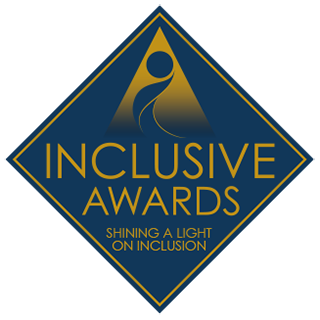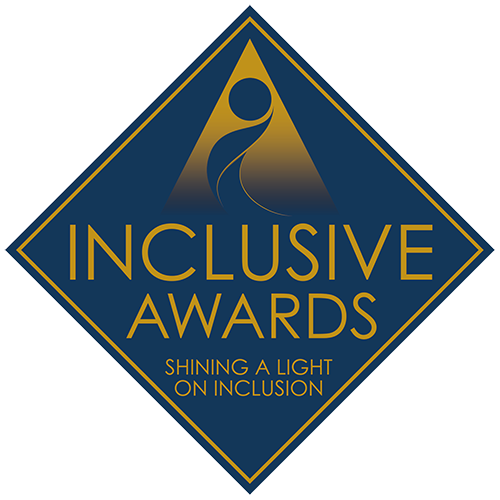I am a Black, queer, neurodivergent woman whose purpose is rooted in building a world where marginalised communities are not only included but celebrated. I’ve lived the realities of exclusion, fear, and survival—and transformed them into fuel for social change. My journey hasn’t been easy, but every challenge has sharpened my commitment to equity, justice, and compassion.
From a young age, I was a carer for my mother, who battled mental health challenges after surviving cancer. At school, I struggled—emotionally and academically. I was on the verge of expulsion and almost entered the youth justice system. But I refused to let my story end in failure. With the support of Weston Spirit, I rewrote my path—achieving 14 GCSEs, becoming head girl, and the first in my family to attend university. I later helped Weston Spirit secure £250,000 from O2 to launch a national mentoring programme in schools. That project led me to share my story at Parliament and 10 Downing Street. It was there that I discovered the power of my voice—and the responsibility that came with it.
The murder of Anthony Walker shook me to my core. I became one of the first youth ambassadors for the charity set up in his name, delivering anti-racism workshops to schools across the UK. Anthony’s legacy ignited something permanent in me—a fire to challenge racism, empower young people, and fight for justice wherever I saw injustice.
At university, I was the victim of a racist and homophobic attack. It was terrifying and dehumanising. I could have crumbled—but instead, I rose. That moment marked the beginning of my career in social justice. I knew then that no one should be made to feel unsafe for simply existing. I channelled that pain into purpose.
After university, I led multiple EDI and hate crime prevention programmes across the North West and internationally. I worked alongside the Crown Prosecution Service and the National Union of Teachers to roll out a Race and Religious Hate Crime education initiative to schools across the UK. I also spent three years doing humanitarian aid work, including a powerful year in Nigeria with VSO, supporting young girls to return to education in communities where gender inequality often silences dreams.
In 2017, following the Manchester Arena attack, I launched the Champions Project at the University of Manchester. Over three years, the programme equipped over 5,000 students, teachers, and staff with tools to identify and challenge discrimination. We saw a measurable drop in identity-based bullying and a rise in young people reporting hate crimes. The project won multiple awards, including the Spirit of Manchester Award, Outstanding Social Behaviour Award, and a Making A Difference award from the University of Manchester. I also personally received a Distinguished Achievement Award from Dame Nancy Rothwell. To this day, the programme remains one of my proudest achievements—proof that grassroots education can break cycles of hate.
Through this work, I began to explore Active Bystander Intervention as a powerful strategy to combat sexual harassment, hate crime, and everyday discrimination on campus. I partnered with universities across the country to co-develop a national intervention initiative focused on empowering students and staff to safely interrupt harmful behaviour in the moment. Discovering AB training was a turning point—it offered more than just awareness; it gave people the language, tools, and confidence to act. I saw firsthand how equipping people with simple, practical interventions could transform bystanders into allies, and campuses into safer place.
In 2022, after being diagnosed with ADHD and dyslexia, I embraced a new chapter: entrepreneurship. I founded Be What You See Consultancy, specialising in workplace discrimination prevention training, with Active Bystander Intervention at its core. I now work across healthcare, education, public and private services, and communities to deliver transformative, experience-led training focused on reducing workplace discrimination and creating psychologically safe working environments. I use my lived experience not just to educate but to challenge, to connect, and to inspire systemic change.
My achievements are not just bullet points on a CV—they are moments of impact. They’re reflected in the young Black girl who finally saw herself in leadership. In the queer student who felt safe enough to speak. In the educator who became an ally. From surviving violence to influencing national policy conversations, I’ve worked tirelessly to turn adversity into action. I have walked through fire—and come out forging paths for others.
When I think of younger Catherine—frightened, unheard, unsure—I know exactly why I do this work. I do it to create the world she never had. A world where she would be safe. Where her difference would be seen as strength. That’s why I show up every day as a Black, queer, neurodivergent woman—unapologetically and with purpose.



